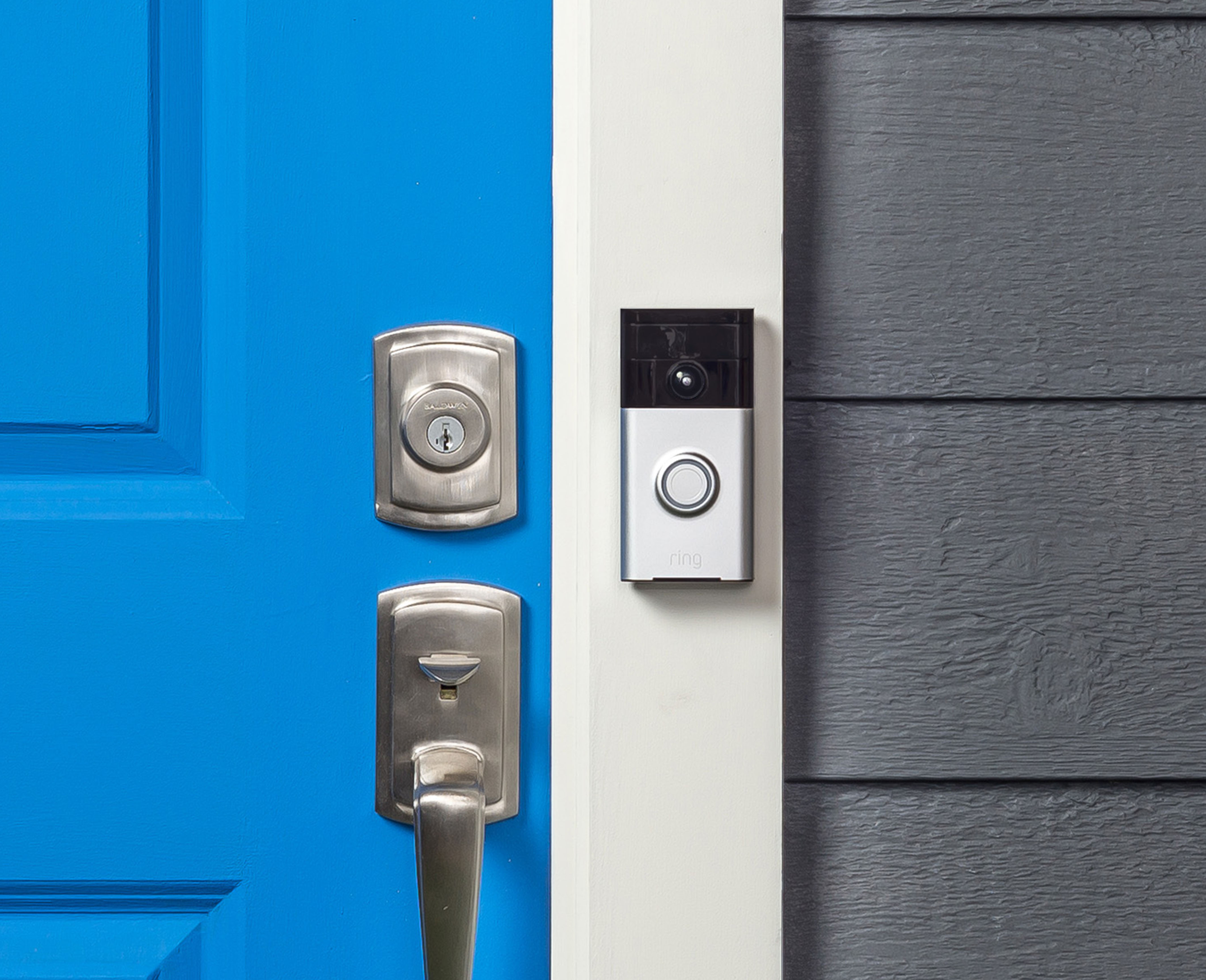There are a lot of security cameras to choose from – many work well in a compatible home security system or as standalone units. Understanding the differences will help you find one that fits your needs.
Indoor Security Cameras
Select an indoor camera to watch what is happening inside your home, particularly one with two-way audio. You can check in with kids after school, tell the family pet to get off your favorite chair or scare the daylights out of an intruder who doesn’t belong in your home.
Outdoor Security Cameras
Another significant feature to look out for is night vision. An outdoor camera relies on a high weatherproof rating that stands up to the elements and drastic changes in temperature. You might also consider a camera with built-in motion-activated light – all the better to scare intruders.
Doorbell Cameras

A doorbell camera is essentially an outdoor camera for watching over your front porch. A video doorbell uses two-way audio so you can talk to guests and are an excellent way to make sure packages don’t walk off unnoticed.
What to Look For When Buying a Security Camera?
Here are some essential features to consider when buying home security cameras:
-
Video Resolution
Resolution directly affects the quality of the home security footage your camera produces. A clear image provides crucial details to help identify faces, vehicles and items in a recording. At a minimum, choose a camera with 720p resolution but 1080 p or higher is advisable.
-
Field of View
Field of view refers to how much area a camera sees through its lens. It affects how many cameras you need and where you should place them. In general, choose a camera with a field of vision that is at least 110º, though wider angles than this are usually preferable.
-
Motion Detection
Most security cameras offer motion alerts to help prevent break-ins and keep deliveries safe. You receive notifications when a camera observes movement so that you can react appropriately. Choose a motion sensor camera with many settings to get the most from its motion detection.
-
Night Vision
Security camera footage that is too dark to make out any details is practically useless. The distance your camera can see in low to no light situations impacts its effectiveness after the sun sets. To cover your bases, choose a camera with an adequate night vision range.
-
Pan and Tilt
A pan and tilt camera has motors that allow you to reposition the camera’s lens remotely. This feature records a larger area than a static camera and reduces the number of cameras you need to observe a particular area.
Are Home Security Cameras Worth It?
Absolutely! Home security cameras allow you to watch over your home in two primary ways more effectively:
-
Deter
A surveillance camera in a highly visible location can make burglars think twice about attempting to enter your home.
-
Describe
Security cameras can collect information about burglars and the items they take. This makes it easier to file police reports and insurance claims.
How Much Should I Expect to Spend On a Security Camera?
If a camera costs so much that you can no longer afford the valuables you are trying to protect, then it is not worth it.
Fortunately, we live in an age where practically everyone can afford security cameras. Many cheap security cameras cost less than $50 while providing HD video, motion detection, smartphone apps and two-way audio. They are even cheap enough that you can buy multiple cameras.
With more expensive cameras, you can expect better features and stronger customer support. Ultimately, it is your choice how much you want to invest for a certain level of security.
Is Wi-Fi Needed for Security Cameras?
Most of the time, Wi-Fi is needed for security cameras. Modern security cameras use Wi-Fi for five tasks:
- Streaming live video
- Storing video footage in the cloud
- Mobile device controls and alerts
- Two-way audio
- Communication with smart home devices
Most consumer security cameras use Wi-Fi to connect to your home network but some models use cables to connect to your internet router or a DVR for security cameras. We recommend using Wi-Fi security cameras since they are typically the easiest to install.
In the comment section below, let us know if you are planning on getting security cameras installed in your home.


